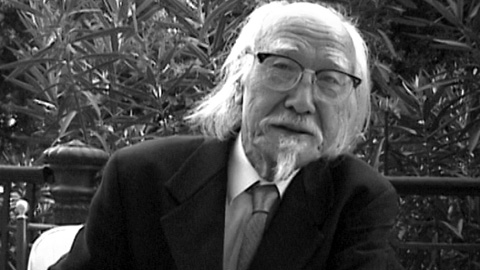ACTION & ANARCHY: THE FILMS OF SEIJUN SUZUKI
“Seijun Suzuki is a master stylist and one of Japanese cinema’s greatest innovators. His work has been a great inspiration to me. A retrospective of his films – fantastic!” – Jim Jarmusch
“To experience a film by Japanese B-movie visionary Seijun Suzuki is to experience Japanese cinema in all its frenzied, voluptuous excess.”— Manohla Dargis, NY TIMES
All shows are regular admission.
BRANDED TO KILL Thursday, January 21 at 7:30
This fractured film noir is the final provocation that got Suzuki fired from Nikkatsu Studios, simultaneously making him a counterculture hero and putting him out of work for a decade. An anarchic send-up of B-movie clichés, it stars Joe Shishido as an assassin who gets turned on by the smell of cooking rice, and whose failed attempt to kill a victim (a butterfly lands on his gun) turns him into a target himself. Perhaps Suzuki’s most famous film, it has been cited as an influence by filmmakers such as Quentin Tarantino, Jim Jarmusch, Park Chan-wook, and John Woo, as well as the composer John Zorn, who called it "a cinematic masterpiece that transcends its genre." (Japan, 1967, DCP, 91 min., b/w, Japanese with English subtitles)

Seijun Suzuki first became famous when he was fired by Nikkatsu Studios for making films that, as he put it, “made no sense and made no money.” But it was his freewheeling approach and audacious experimentation that gained Suzuki a cult following in Japan and abroad. Suzuki’s job at Nikkatsu was to make B movies out of scripts that were assigned to him. In the mid-1960s, Suzuki’s restlessness began to come through as he began experimenting with the assigned material. These films established Suzuki as a stylistic innovator working within—and rebelling against—the commercial constraints of studio work. In the 1990s, a new generation of devotees, most notably Jim Jarmusch and Quentin Tarantino, praised Suzuki in the press and referenced his work in their films. Co-presented with the Japan Foundation.